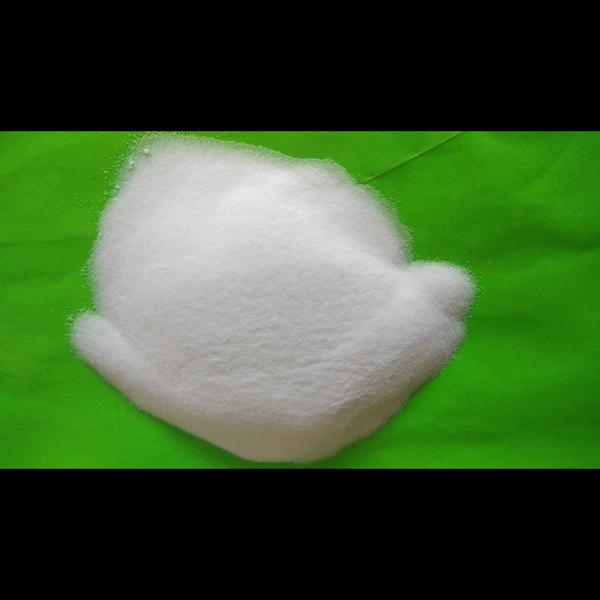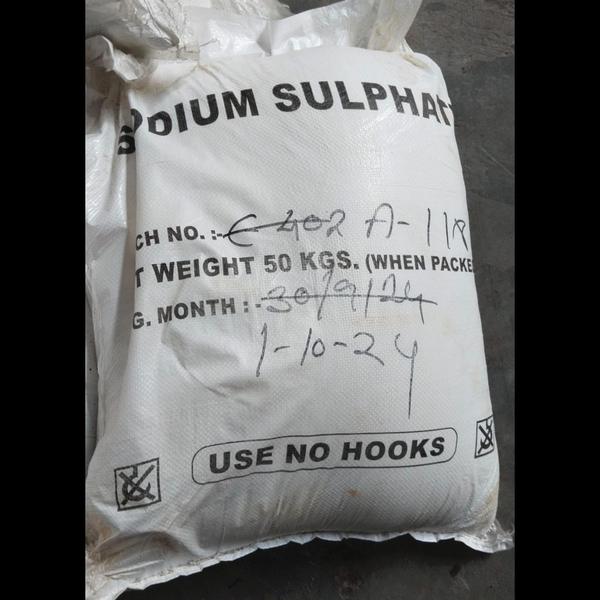The impact of the Waqf Board on chemical industries can be multifaceted and varies by geographic and administrative scope. Here’s a breakdown of potential effects at the local (Vadodara), state (Gujarat), and national (India) levels:
1. Local Impact in Vadodara
Land Use & Zoning:
In Vadodara, where chemical industries are prominent, some industrial or surrounding areas might include properties designated as waqf. Decisions by the Waqf Board regarding the management or redevelopment of these lands can influence local zoning. For instance, if waqf land is repurposed for industrial use, it could facilitate expansion. Conversely, if there are restrictions due to cultural or religious considerations, this might limit industrial growth in specific zones.
Investment and Development:
Clear and transparent management of waqf assets can boost investor confidence. If local industries see a streamlined process for obtaining clear titles or negotiated access to land, it can positively influence industrial development. However, disputes or delays in the administration of waqf properties might pose challenges.
Environmental and Regulatory Coordination:
Since chemical industries are subject to stringent environmental norms, the coordination between the Waqf Board and local regulatory bodies is crucial. Effective collaboration ensures that industrial expansion on or near waqf lands adheres to environmental standards, reducing potential conflicts.
2. State-Level Impact in Gujarat
Policy and Governance:
At the state level, the Gujarat Waqf Board’s policies can have a broader impact on how waqf properties are managed, including those in industrial corridors. Reforms aimed at enhancing transparency and efficiency in asset management can lead to more consistent policy implementation, benefiting industries across Gujarat.
Economic Integration:
Gujarat’s strong industrial base means that the integration of waqf assets into the broader economic planning is vital. For example, if waqf properties are identified and developed in collaboration with industrial development authorities, they might contribute to state revenue and create opportunities for industrial growth.
Conflict Resolution:
Disputes over land rights or usage between industrial developers and waqf stakeholders at the state level can influence the pace of industrial projects. Robust legal frameworks and proactive conflict-resolution mechanisms are key to ensuring that such disputes do not hamper industrial progress.
3. National-Level Impact in India
Legal and Regulatory Framework:
National policies regarding waqf properties—such as reforms aimed at modernizing the management and utilization of waqf assets—can indirectly affect industrial sectors. A consistent legal framework across India can reduce uncertainties, benefiting industries, including the chemical sector, by ensuring smoother transactions and clearer land titles.
Economic Policy and Investment Climate:
At the national level, policies that promote the effective use of waqf properties can enhance the overall investment climate. Reforms and central guidelines that encourage the productive utilization of waqf assets may free up land for industrial development, potentially benefiting chemical industries seeking expansion or new sites.
Intersectoral Coordination:
The coordination between central authorities managing waqf reforms and national industrial policies can foster an environment where land and asset management is streamlined. This creates a more predictable framework for industries that rely on clear land usage policies, reducing delays and legal hurdles.
Summary
In Vadodara:
The Waqf Board’s decisions directly affect local land use, zoning, and investor confidence. Efficient management can boost chemical industrial growth, whereas unresolved disputes may delay projects.
In Gujarat:
State-level policies and reforms can integrate waqf assets into broader economic planning, positively influencing industrial development and providing a more robust legal framework for resolving conflicts.
In India:
National reforms and consistent legal guidelines regarding waqf properties can indirectly improve the industrial investment climate, benefiting sectors like chemical manufacturing by ensuring clear land rights and streamlined asset utilization.
Ultimately, the effect of the Waqf Board on chemical industries depends on how effectively its policies and administrative practices align with industrial development goals. Coordination among local, state, and national authorities is key to harnessing waqf assets in a way that supports economic growth while respecting cultural and religious considerations.
Keywords
vadodara land
unresolved disputes
respecting cultural
productive utilization
land rights
streamlined process
asset management
transparent management
waqf land
indirectly improve
resolving conflicts
delay projects
create opportunities
state revenue
enhancing transparency
broader impact
negotiated access
religious considerations
restrictions due
properties designated
surrounding areas
potential effects
industrial developers
waqf propertiessuch
waqf stakeholders
waqf properties
waqf decisions
waqf board
chemical manufacturing
chemical sector
chemical industries
reforms aimed
regulatory coordination
state level
local state
central guidelines
gujarat policy
local industries
waqf assets
industrial expansion
predictable framework
india legal
development clear
investment climate
national authorities
influence local zoning
india national reforms
industrial development authorities
waqf lands adheres
chemical industries depends
national industrial policies
investment climate reforms
harnessing waqf assets
integrate waqf assets
national level policies
sites intersectoral coordination
gujarat statelevel policies
ensuring smoother transactions
local regulatory bodies
limit industrial growth
consistent legal guidelines
robust legal framework
consistent legal framework
broader economic planning
obtaining clear titles
facilitate expansion conversely
specific zones investment
legal hurdles summary
supports economic growth
administrative practices align
proactive conflictresolution mechanisms
stringent environmental norms
pose challenges environmental
boost investor confidence
administrative scope heres



